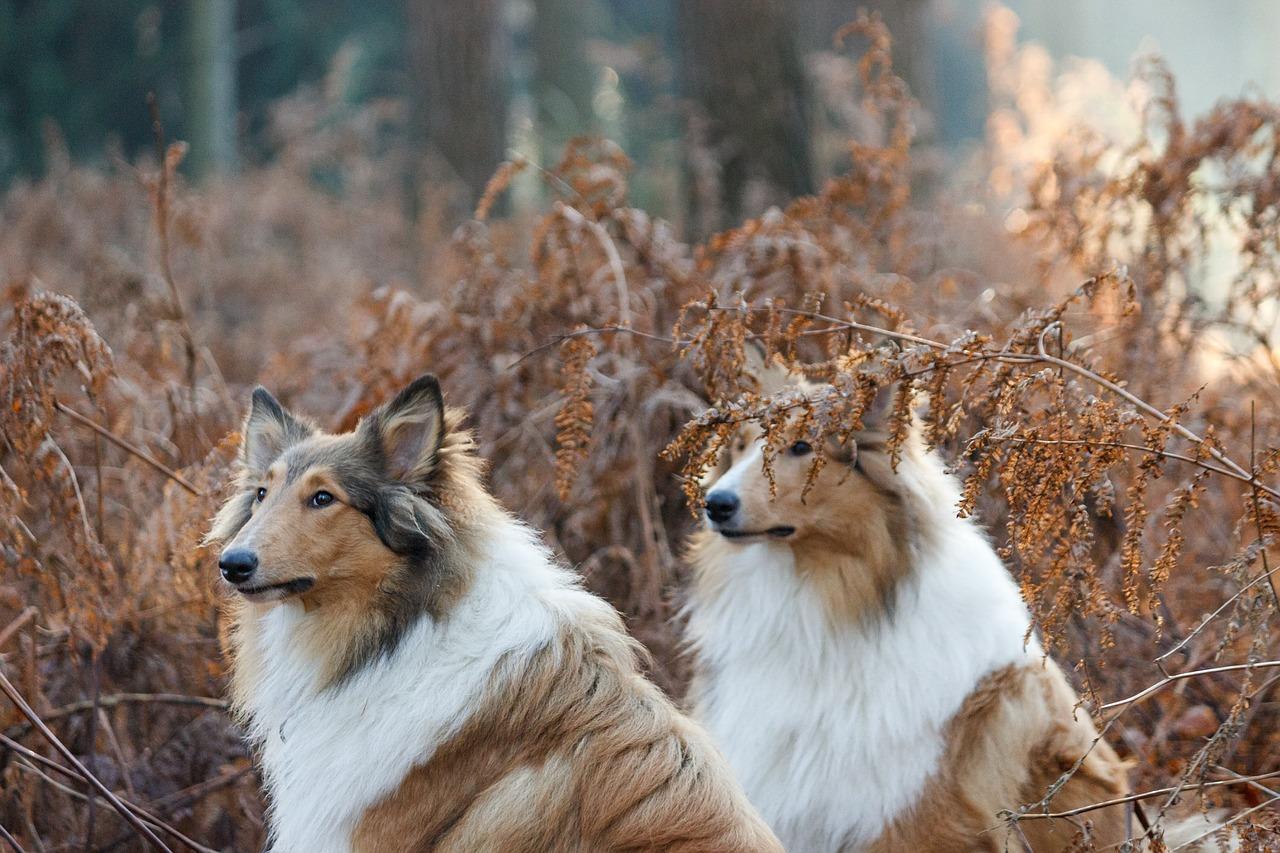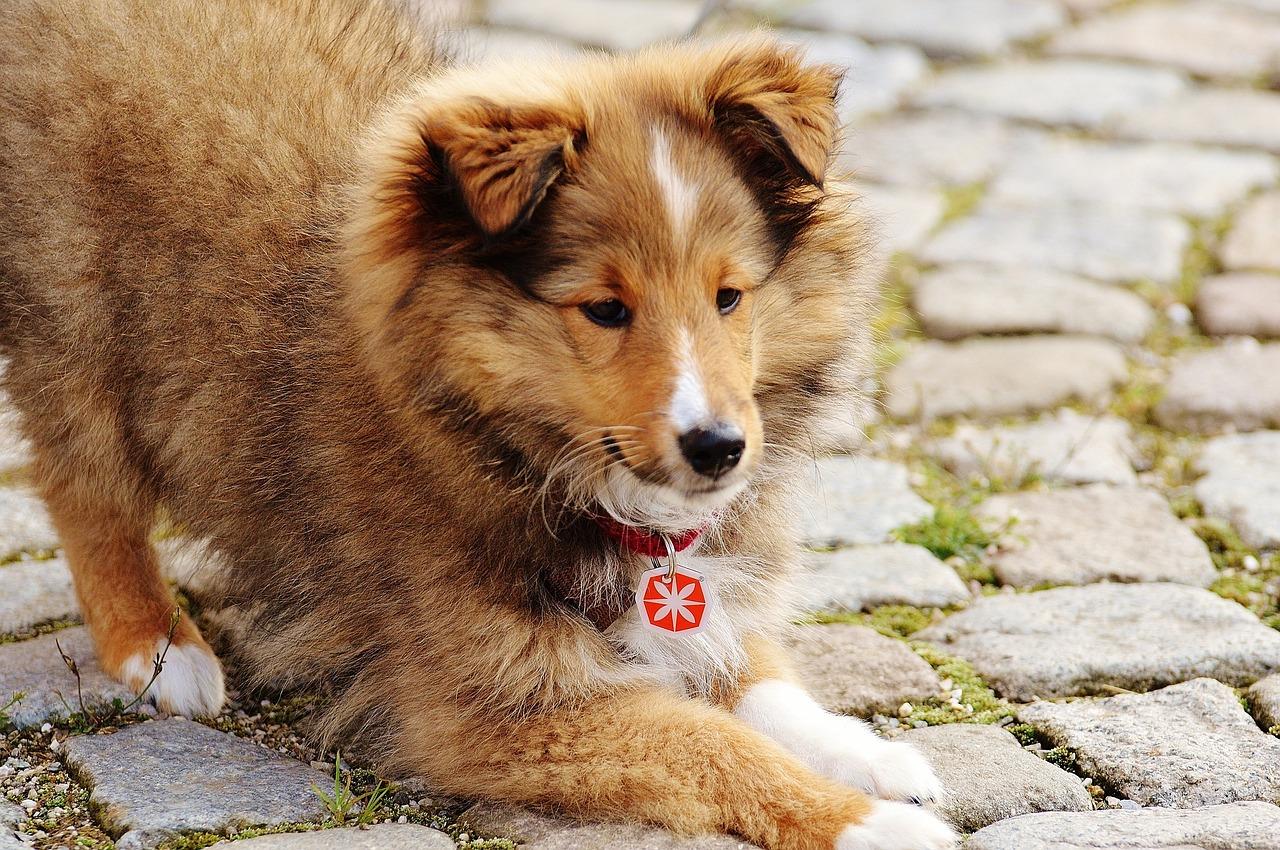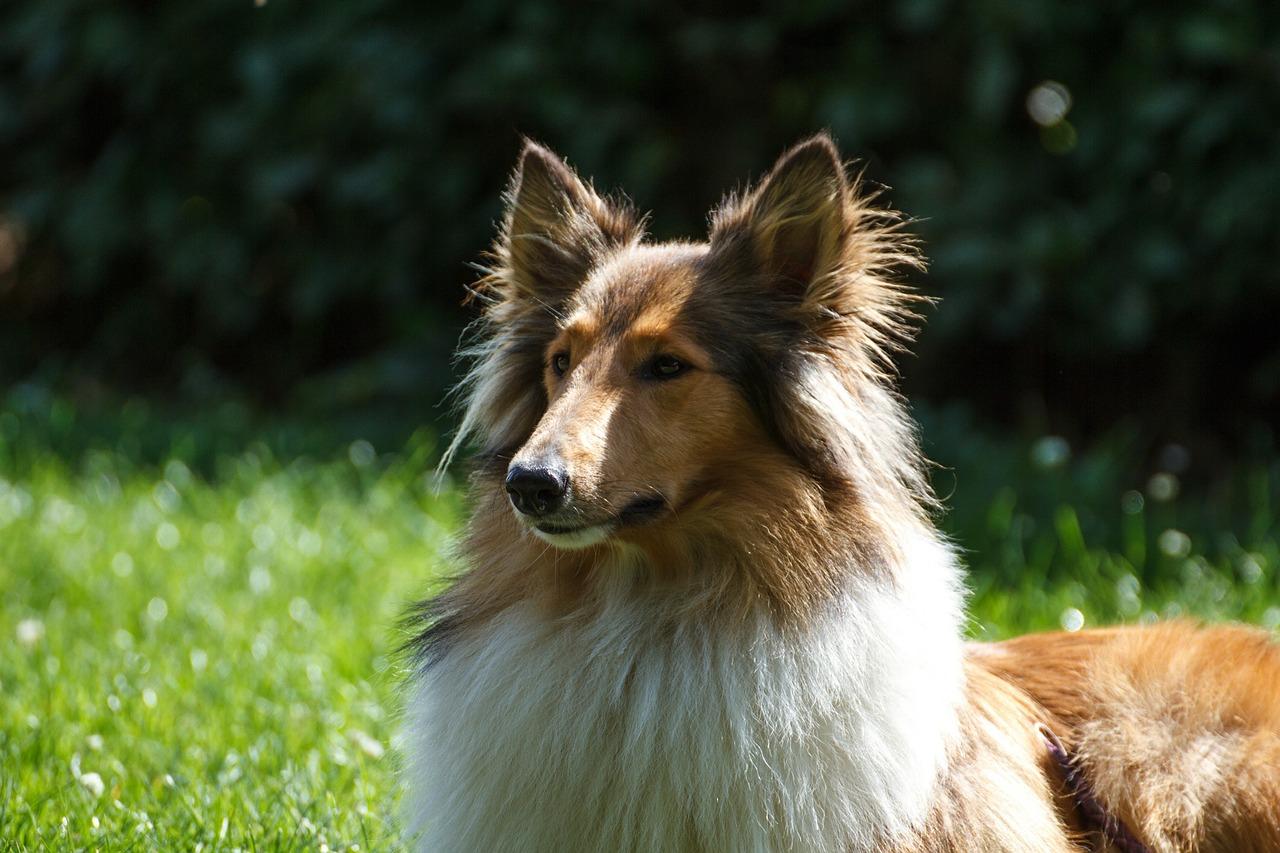Rough Collie
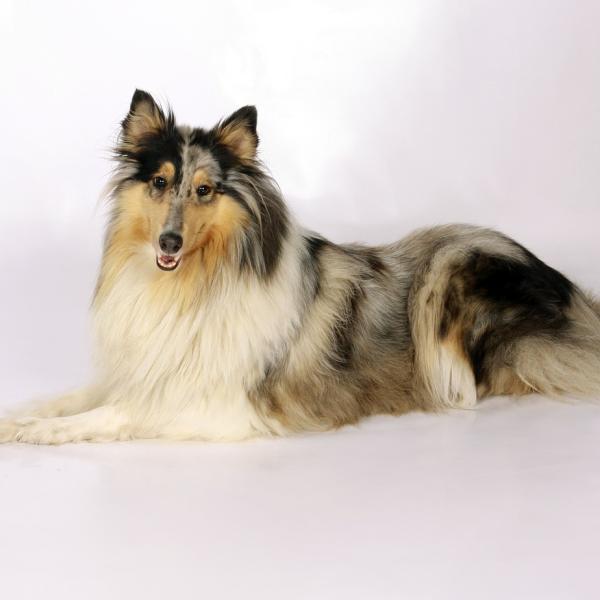
A Rough Collie, also know as the long-haired Collie, is a very well-known shepherd dog. Due to its beauty and good character, this dog has become one of the most appreciated breeds among show dogs and pets. It is also known in simple as a Collie (although there are varieties) or, erroneously, as Lassie.
In general, this Collie breed is generally: quiet, affectionate, intelligent and very docile but needs to exercise daily. Living with this breed is very easy, as long as you care for them properly and know how to train them. For more information about the Rough Collie, take a look at this AnimalWised breed file. Here, we will be discussing its; origin, character and care.
- Europe
- United Kingdom
- Group I
- 5-14
- 14-18
- 18-22
- 22-27
- 27-31
- More than 31
- 2-7
- 7-22
- 22-55
- 55-100
- 100-220
- 8-10
- 10-12
- 12-14
- 15-20
- Low
- Meidum
- High
Origin of the Rough Collie
The long-haired collie and the short-haired collie share the same origin. In fact, they are still considered to be the same breed according to the American Kennel Club. The International Cynological Federation, on the other hand, qualifies these dogs as two different breeds.
Both dogs originated in the highlands of Scotland, where they served as shepherd dogs. These dogs were formerly smaller and less stylized. In the second half of the nineteenth century this breed captured the attention of dog show fans and Queen Victoria. It was then that, through carefully chosen breeding patterns, these current Collie breeds were achieved. By 1886 there was already an official collie breed standard.
In the '40s,' 50s and '60s, the collie became one of the most popular dog breeds in the western world. This is due to the fame of Lassie, who was the main character in: novels, radionovelas, movies and television series. That popularity later decreased, but the collie is still a well-known dog and highly appreciated as a companion animal.
Physical characteristics
The body of this dog is a little longer than its height, it has a deep chest, with a slightly raised but strong back. It has strong muscular legs, but they are not thick.
The head of the long-haired collie is shaped like a truncated wedge and has a smooth contour. It has a black nose, medium-sized eyes which are almond shaped and oblique. Their eyes are dark brown, except for the blue-black specimens, in which one or both eyes can be totally or partially blue. They have small ears which rise when they are attentive.
Long-haired collies have long tails which hang when they are relaxed. When in action, its tail is raised over its back. This breed’s coat is, without a doubt, its most beautiful characteristic. It has very dense hair that comfortably fits the contour of its body. Its outer coat layer is smooth and rough, while the inner is soft, woolly and so dense that it almost hides the skin.
This breed can appear in several different colors, including: white (shades from light gold to dark mahogany, with white parts), tricolor (black and white) and blue blackbird (predominantly light silver blue, splashed and mottled black).
Males reach a height at the withers between 56 and 61 centimeters. Females reach a height at the withers between 51 and 56 centimeters. The ideal weight of a long-haired collie is not indicated in the breed standard, but these dogs usually weigh between 23 and 34 kilograms.
Character
These dogs are: soft, affectionate, intelligent and sensitive. They are docile animals and do not tend to be aggressive. Collies need a lot of physical exercise, mental exercise and company. If they do not receive this adequate care, they can suffer from stress or loneliness.
Since they tend to be very sociable dogs, long-haired collies are known to get along well with: people, dogs and other pets. Of course, this is only if they have received the proper socialization training that all dogs require. If they haven't been socialized properly, they can be shy and reserved.
Caring for a Rough Collie
Collies lose hair regularly, specifically during molting seasons (twice a year). Their hair care is not complicated, but it does take time. They need to be brushed between two to three times a week. They should not be bathed very often, as this can negatively affect their fur’s protective oils. You only have to clean this breed when they are obviously dirty.
These dogs need a lot of exercise, so in addition to long daily walks you have to provide them with some play time. Canine sports such as agility, help this breed burn accumulated energy. However, if you possible, it is best to practice herding (grazing) with your collie. Long-haired collies need to be accompanied majority of the time, as they do not enjoy spending too much time alone.
Because of their sociable nature, these dogs can adapt to living in an apartment, as long as they are provided with frequent exercise. However, we do recommend that if you want to adopt a Rough collie, that you have a garden. Although collies endure temperate and cold climates well, it is better that they live inside with their family.
Educating a long-haired collie
Collies are also excellent students and respond well to training, provided it is carried out correctly. We advise training with a clicker or through positive reinforcement as it provides a positive mental stimulation that is not achieved with traditional methods.
In general, these dogs do not present behavioral problems as long as they have received adequate socialization and basic canine obedience training.
However, some long-haired collies can barkers.
Collies can be excellent companion animals if they are provided with: enough physical exercise, mental stimulation and companionship. They tend to be perfect companions for people of all ages, provided that they have an outlet for all of their energy. They tend to get along well with children, however, as with all dogs, should be supervised with very young children.
Health of a long-haired collie
Perhaps due to the intensive and unplanned breeding suffered by the breed, Rough collies are prone to some hereditary canine diseases. Among them, the most common include:
- Collie eye anomaly
- Gastric torsion
- Distichiasis
- Deafness
In order to avoid or detect such pathologies in time, it is best to follow your veterinarian's guidelines. Make sure that you make periodic visits to your vet and keep up to date with your collie’s vaccination and deworming calendar.
Rough Collie photos
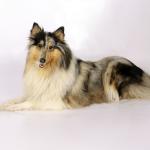
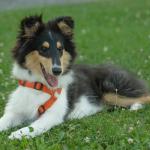
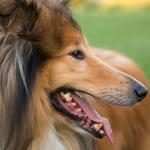
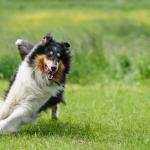
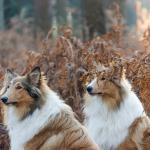
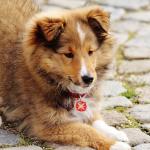
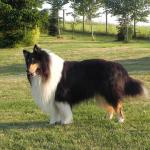
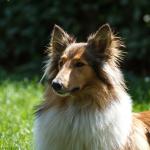
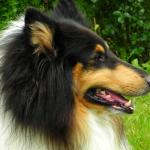



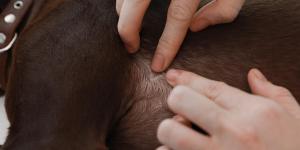
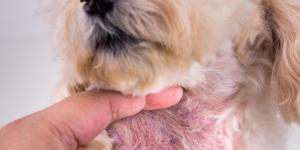

 Love my dog but she have a heart murmur what c'and I do
Love my dog but she have a heart murmur what c'and I do




